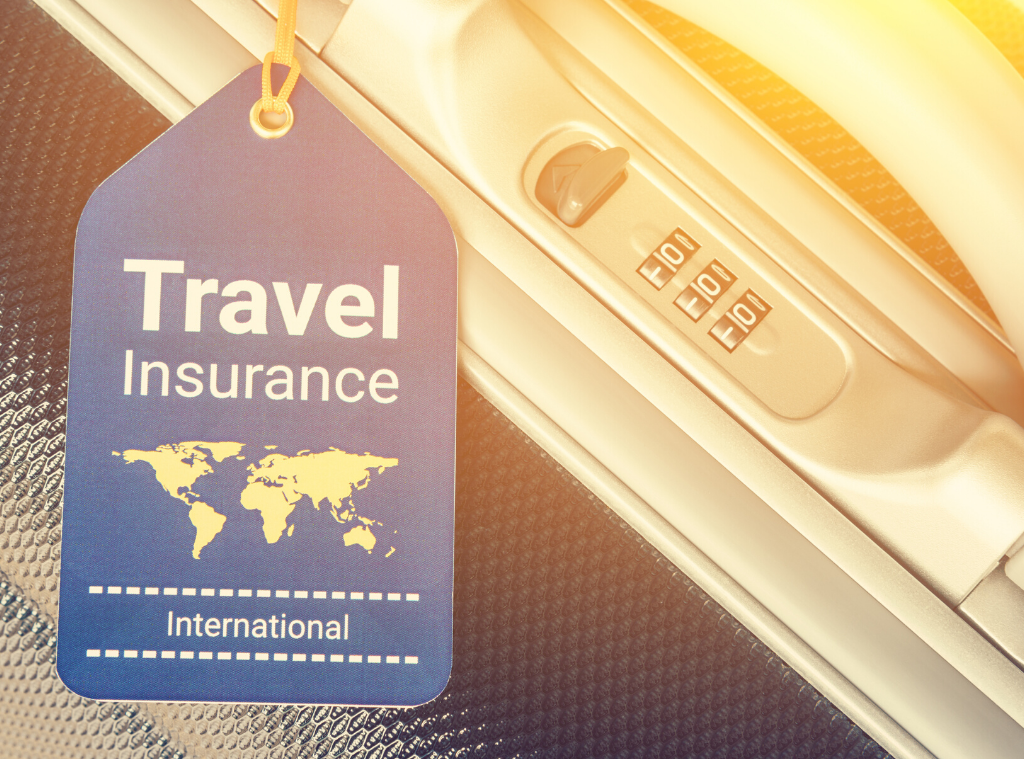
As of February 3, 2020, the coronavirus COVID-19 was officially declared an epidemic by both the Centers for Disease Control (CDC) and the World Health Organization (WHO). The situation continues to evolve as pockets of the virus have been identified in multiple countries. The question on many travelers’ minds is, “Does travel insurance cover coronavirus cancellations if I decide not to take my planned trip?” The answer is not cut and dried, but we want to share information to help you make your personal decisions about pending travel.
General Coverage Information
There are multiple travel insurance providers in the market, each with several types of coverage including:
- Trip Cancellation – complete termination of travel before it starts (by the travel provider or traveler)
- Trip Delay – a travel impediment of six hours or more
- Missed Connection – the inability to use purchased transportation or trip due to a delay of three hours or more by a common carrier
- Trip Interruption – if you must join your trip late, leave early or return late
These coverages may apply to quarantine or government shutdown of transportation and facilities that prohibit you from keeping your travel plans. But there’s a caveat:
Many travel protection plans exclude losses caused directly or indirectly by an epidemic or by events that were known or foreseeable when the protection was purchased.
The Coronavirus became a known event on January 21, 2020, so only travelers who purchased travel insurance prior to that are likely to be covered for COV-19-related claims. You must refer to your specific policy for details. It’s worth noting that many airports are now screening for coronavirus symptoms. If screening delays cause you to miss your flight, that is indirectly attributed to coronavirus and, you guessed it, it’s not covered.
Cancel For Any Reason Coverage
Cancel For Any Reason (CFAR) upgrades theoretically allow you to cancel your trip up to 48 hours in advance, but they also have restrictions. First, you must purchase CFAR insurance within 7 – 21 days of your initial trip purchase, so if you bought your trip months ago, it’s too late to buy CFAR. Secondly, CFAR doesn’t reimburse your entire trip cost. Two levels of coverage offer 50% coverage or, for a higher premium, 75% coverage. Lastly, CFAR upgrades usually add about 50% more to the cost of travel insurance and they could still contain exceptions for “known perils” and epidemics.
CFAR is also a bit of a misnomer. In normal times, if you decide the week before your trip you just don’t want to go, you could cancel up to 48 hours in advance of departure and CFAR would recover up to 75% of the trip cost. But now that the virus is labeled an epidemic if you cancel travel for fear of contracting coronavirus, you would not be covered, so you really can’t cancel for any reason (if you bought your policy after January 21, 2020). That said if you can prove that your cancellation is due to a different covered reason – such as you can’t be away from your business or get called to jury duty, insurance may cover your loss. Again, you must refer to your specific policy.
Additional Considerations
Airlines generally allow rebooking or cancellation without penalty due to major world or weather events but they decree a valid travel window and which destinations apply to the waivers. In that case, you would not incur a loss of any airfare, but the airline doesn’t have any influence on changes to downline reservations, such as prepaid hotels or tours. For those, you refer back to your travel protection plan.
Some travel protection offers additional Emergency Medical Expenses and Emergency Medical Transportation. If you get sick or need to be evacuated while traveling, you’re covered; however, if you get sick with coronavirus while traveling, that pesky epidemic clause might come into play.
It’s also important to know if your travel protection is primary or secondary coverage. If primary, the travel insurance pays on any claims first. If secondary, you must pay any deductibles and co-pays that apply to your regular insurance before the travel insurance kicks in.
Should you travel?
Each traveler will ultimately have to make the go/no-go choice for themselves, based on their own health status and travel plans. With the rapidly changing coronavirus COVID-19 situation, we encourage you to carefully read and understand any exceptions in your coverage. We also recommend that you check the Center for Disease Control and Prevention (CDC) website for the latest information and travel recommendations. We can’t make the final choice for you, but we are available to help you understand the specific cancellation penalties of any trip booked with Covington and your travel protection policy.


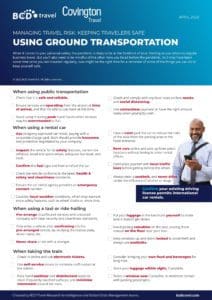
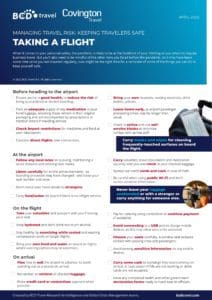
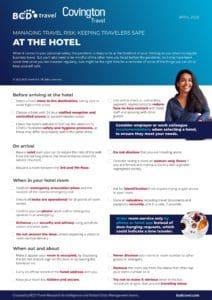
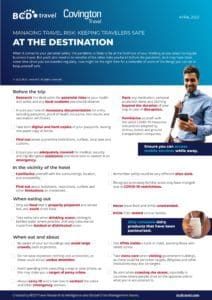
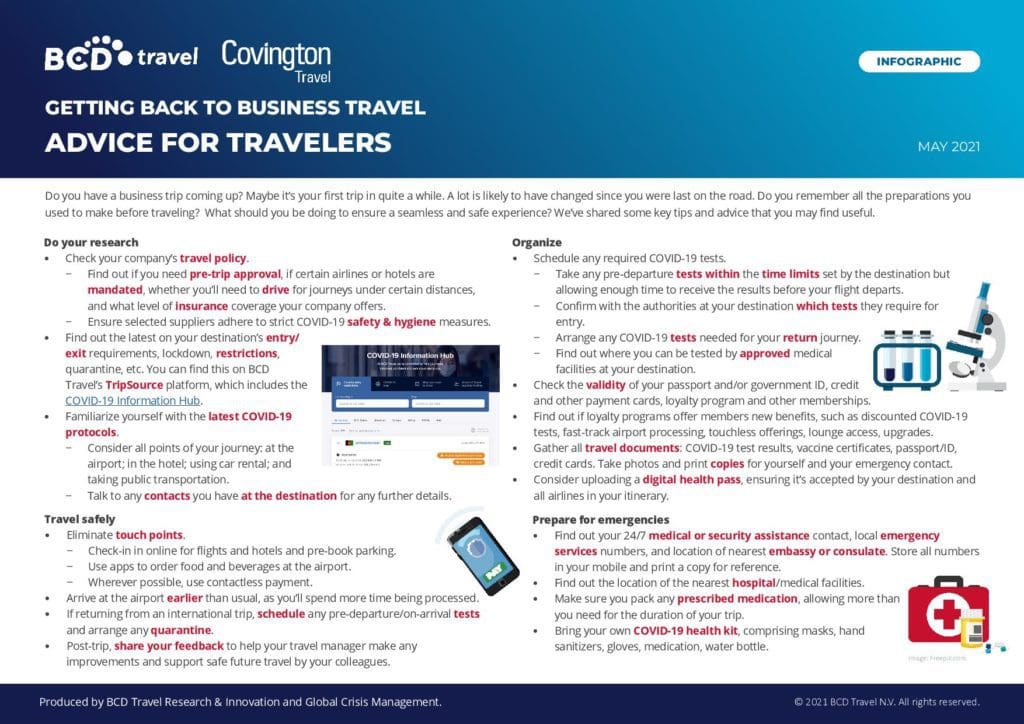
Leave a Reply